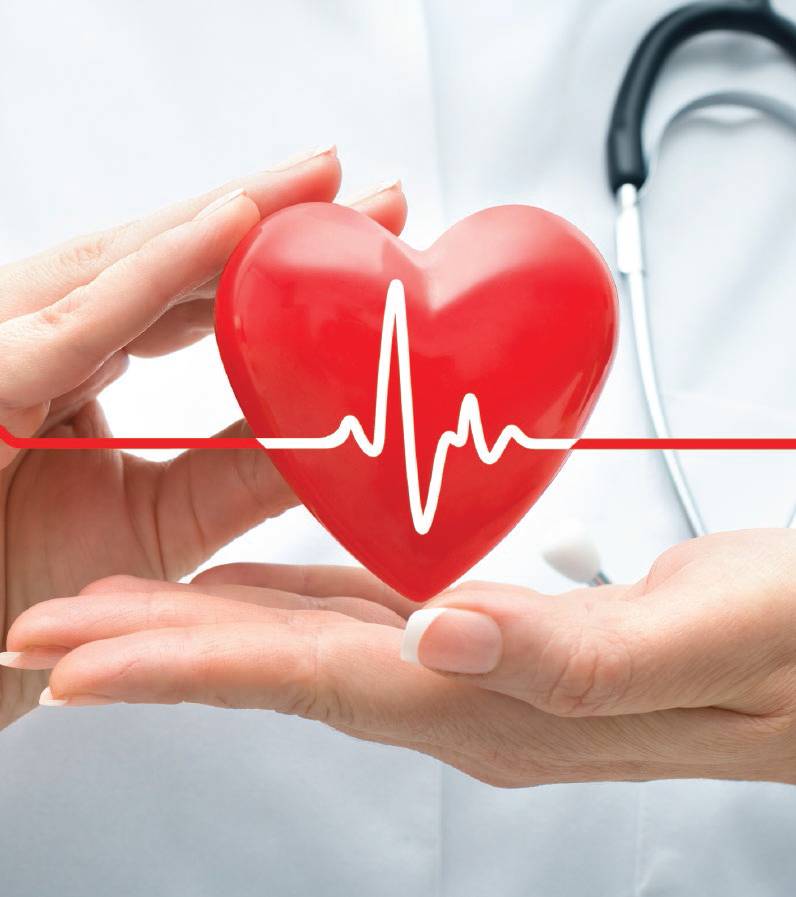
05 Jul What is Tachycardia and How to Prevent it?
Heart problems and irregular heartbeats have become very common health problems in today’s time. In recent time Famous personalities like Siddharth Shukla to popular and famous singer Krishnakumar Kunnath i.e. K. K. said goodbye to the world due to increased heart rate. After losing many youngsters in recent times, India is not taking heart disease lightly.
What is increased heart rate?
Normally, your heart rate is 60 to 100 beats per minute when you are not active. When your heart exceeds 100 beats a minute, it means your heart rate is increasing, called tachycardia. Explain that when you have tachycardia, your heart beats faster than a few seconds to a few hours.
Why does a healthy person have this problem?
What can cause increased heart rate? How can any young and fit person have a heart problem? Explain that at times an increase in heart rate can be a reflex response to certain physical stimuli. Your stress can be both physical and psychological. Not only that , sometimes this is also likely to happen due to exercise, excessive use of caffeine or stimulants, hormonal causes, anemia, and fever.
What to do when the heart rate is fast?
If the heart rate is irregular some tests may be needed to ascertain the cause. Tests that are advised in this situation include ECG, echocardiogram, Holter monitoring, thyroid profile and other basic investigations based on clinical condition. Treatment is done after knowing the causes. It may require long-term medical or electrophysiological management from consuming ordinary medicines. If the increased heart rate persists then a cardiologist must be consulted to ascertain the cause.
To what extent is increased heartbeat dangerous?
If a checkup is done on time, it is not that dangerous. Rarely can an underlying serious heart condition such as atrial fibrillation or ventricular tachycardia with cardiomyopathy be diagnosed. If there is shortness of breath or feeling like fainting, then a doctor should be consulted immediately. However, it should also be noted here that in tachycardia, because your heart beats very often, it does not have time to fill with blood between beats. This can be dangerous if your heart cannot supply all your cells with the blood and oxygen they need. In this case, prevention measures should be given particular attention.
How to reduce the risk of Tachycardia?
Some measures can be adopted to reduce the risk of tachycardia-
- Control your high blood pressure and high cholesterol.
- Avoid heart-damaging habits such as smoking or tobacco products.
- Keep an eye on your weight. Obesity or being overweight can cause heart problems. Therefore, lose weight and keep yourself fit.
- Pay particular attention to your catering. Keep in mind that your heart needs nutrition and for this, having a balanced diet is extremely important.
- Avoid excessive alcohol consumption. This can lead to hypertension, heart failure or stroke. Excessive drinking can also cause cardiomyopathy, a disorder that affects the heart muscle.
- Keep as much distance as possible from stress, anxiety and depression. Take a few steps to manage your stress.
As per recent cases of death of celebrates in India shows that Heart disease rapidly increasing in India. Prevention is better than cure so start taking care of your Heart Health with exercise and healthy diet.

No Comments